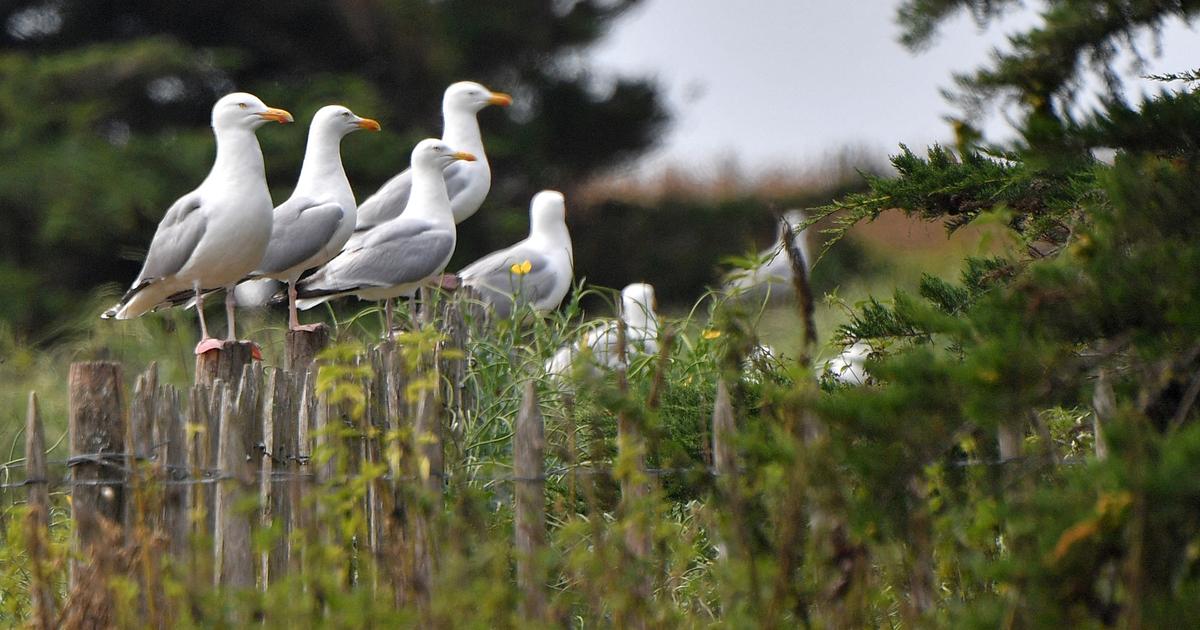news
Science and environment
Animals
The Great Extermination: 68% of the world's living populations have disappeared since the 1970s
A grim report by the WWF Wildlife Conservation Foundation shows that deforestation in favor of farmland for food has wiped out 68% of the animals.
Experts warn that damage to ecosystems increases the chance of contracting diseases such as corona
Tags
Rainforests
nature
Reuters
Thursday, 10 September 2020, 15:55
Share on Facebook
Share on WhatsApp
Share on general
Share on general
Share on Twitter
Share on Email
0 comments
A smart city built in China for the post-Corona era
Enforcement of the night curfew in red localities in the Arab sector ...
Enforcement and police supervision of the Corona guidelines in Tuba ...
PM Netanyahu in a brief update from the Cabinet ...
US President Donald Trump on the poisoning of a leader ...
Pancake from sourdough leftovers by Chef Jamie Oliver
A trick for anesthetizing a crying baby
After her abduction was reported: Belarus's top opposition leader ...
In the video: Fires in the Amazon in Brazil (Photo: Reuters, Editing: Nir Chen)
The average size of the world's wildlife population has fallen by two-thirds since the 1970s, in light of deforestation in favor of food growth, the WWF Wildlife Fund reported in a dismal report today (Thursday).
She warned that the destruction of ecosystems increases the risk of humans contracting infectious diseases like the corona.
According to the Living Planet 2020 report, between 1970 and 2016, 68% of the mammal, amphibian, reptile and fish populations disappeared due to agricultural land and animal trade.
"In deforestation, and in a broader sense, habitat loss - resulting from the way we produce and consume food - is the main cause of the dramatic drop," said Fran Price, who heads the WWF's forestry division.
She noted the extensive commercial agriculture in the tropics and sub-tropics, including palm oil, soybean and meat production.
In 2019, tropical rainforests - whose preservation is considered crucial to halting climate change - disappeared at the rate of one soccer field every six seconds, according to the World Forest Watch.
Environmentalists say conserving existing forests and rehabilitating those felled reduces the risk of flooding, helps limit global warming by storing more carbon dioxide and protects biodiversity.
More on Walla!
NEWS
Summer has arrived, and the Amazon forest in Brazil is burning again
To the full article
The gorilla population has shrunk sharply (Photo: ShutterStock)
The WWF report, which includes insights from 125 experts, tracked nearly 21,000 populations of nearly 4,400 species of vertebrates, and provided an overview of the state of global nature.
Populations living in freshwater have suffered an 84% decrease in their size.
According to Price, among the hardest hit animals are the eastern lowland gorillas in the Democratic Republic of Congo and the African gray parrot in Ghana.
"Severe drop in wildlife populations is an indication of that nature breaks down and our planet turns red warning lights on system failures", WWF said in a statement CEO, Marco Lmbrtini.
Scientists say that the rapid pace of deforestation is also a major factor in the spread of diseases Zoaonotiot - are transferred from "Human life - like the corona virus.
" Due to deforestation and the increased interaction between wildlife and farm animals with humans, there is a higher chance of zoonotic diseases such as Ebola and Cubid-19, "Price said. These are humans - and the more we destroy them, the more likely we are to release something that could severely affect humanity. "
Price warned that if the world continues as usual for the next decade, it will take decades to rehabilitate the wildlife population and fewer populations will recover. And to make bolder efforts on the part of governments and corporations to make global supply chains more sustainable, she says, and consumers should also understand the implications of their buying habits on nature, and shop more responsibly.
Share on Facebook
Share on WhatsApp
Share on general
Share on general
Share on Twitter
Share on Email
0 comments






/cloudfront-eu-central-1.images.arcpublishing.com/prisa/YVK4HZAFDKHYPX5IOZ5XKJSHDA.jpg)


